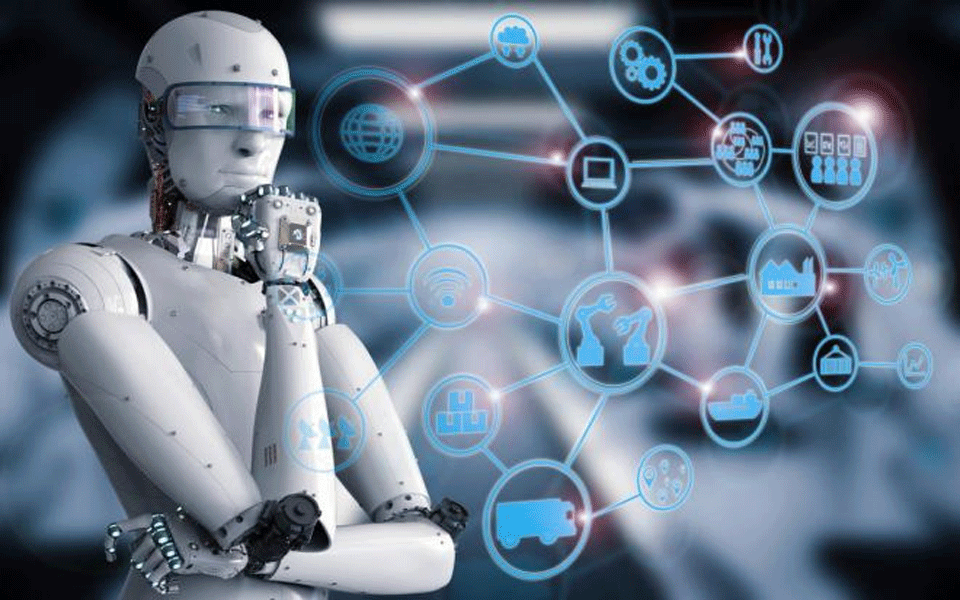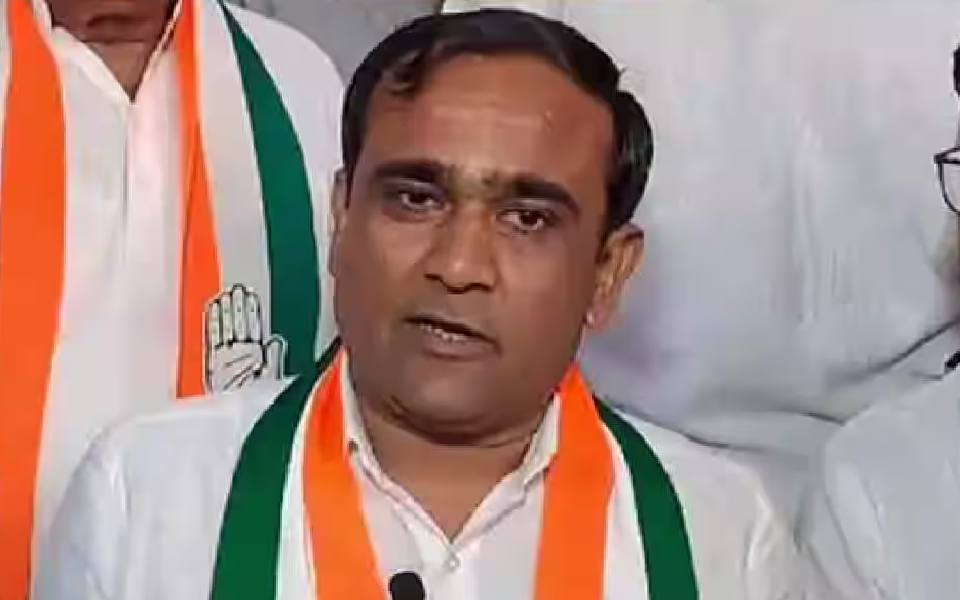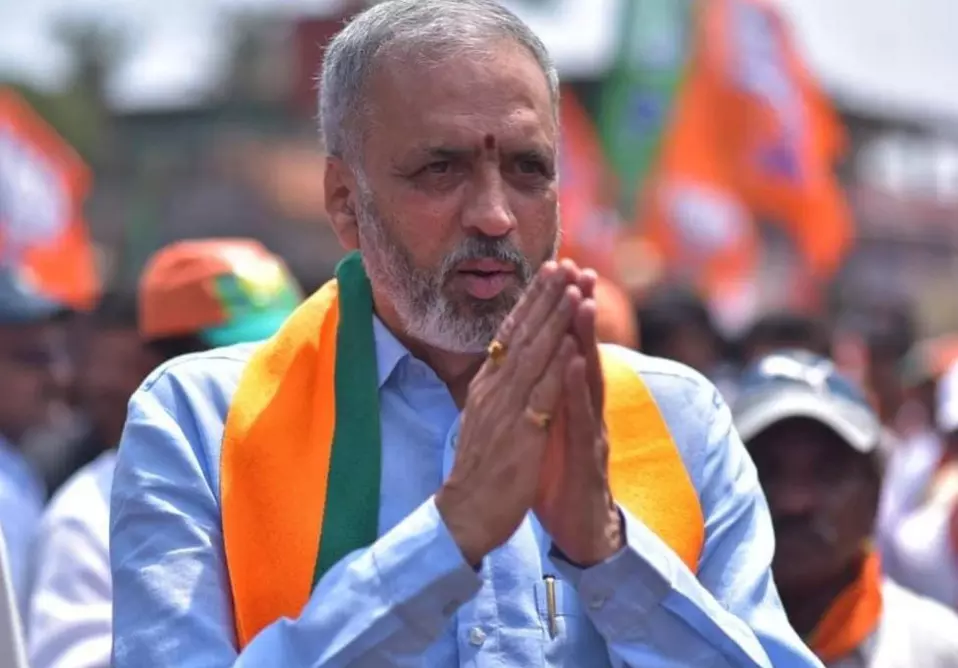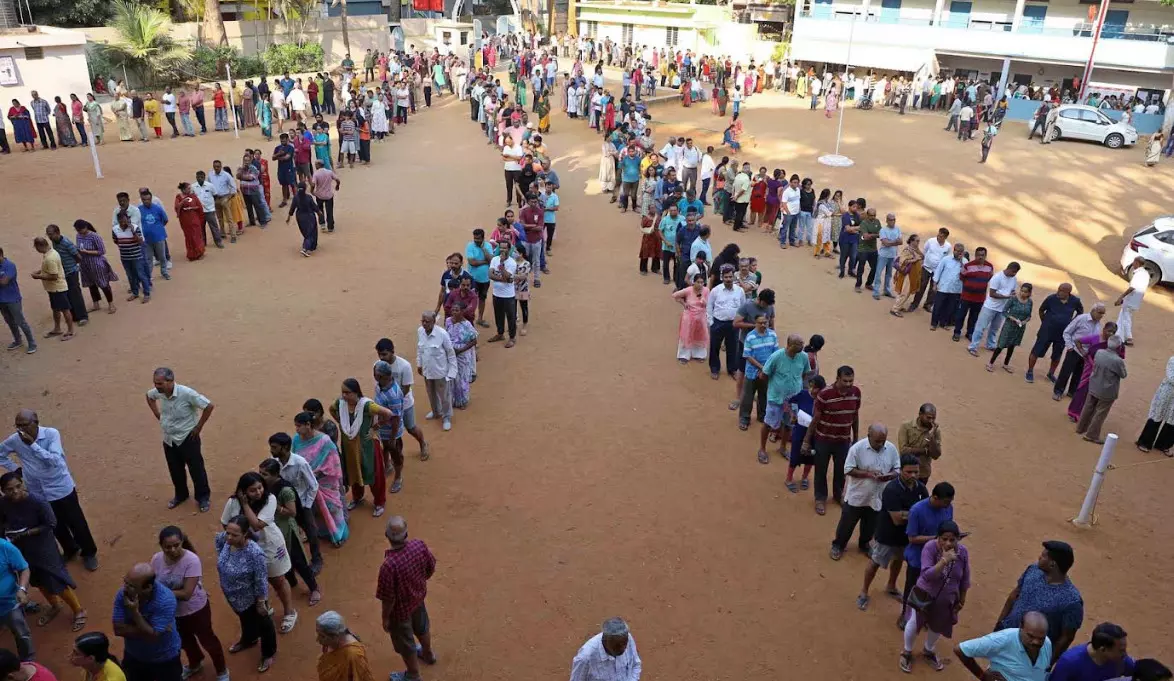Depending on whom you're listening to, Artificial Intelligence (AI) is either a threat that will turn on its creators or is the saviour of humankind in the years to come. As with most things, the truth lies somewhere in the middle of these two options - AI is a technology that will act within its capacity to perform the functions that it is given. Even within the group of people who don't believe that AI will turn violent, many consider AI, with its potential to do repetitive or time-intensive work swiftly and accurately, as a threat to the global job market. If robots do the jobs of humans, what will humans do, they ask. The answer to that is simple - they will do the other jobs that robots can't.
In the last decade or so, swift advances in Machine Learning and Deep Learning technologies have led to AI making a quantum leap in its capacity to perform functions. AI can now decode natural language, translate in real-time, and even engage in limited conversation with human beings. It won't be long before it is capable of passing the Turing test absolutely. The increasing capacity of AI to learn and make decisions added to its existing abilities to work without rest and error-free would make it an ideal choice for doing the kind of manual labour that many are still are engaged in doing today.
What AI has shown little or no capacity to engage in thus far is creativity and innovation. It is unlikely to develop a sense of humour and probably would require centuries of development before it can approach the concept of thinking laterally and outside the box. AI will be much better suited to replace human beings in mass manufacturing, bringing greater synergy and efficiency into that domain than before. Doing so would lower the costs of manufactured goods, increase consumption, and raise the profits of such companies. This would increase these companies' productivity, and make them need more humans in marketing. Which is why certain research firms have indicated that AI will create more jobs than it eliminates, stating that by 2020, AI will generate 2.3 million jobs worldwide.
New avenues
A survey of 1,000 global organisations which deployed AI-based systems found that 80% of the surveyed firms had added more jobs, while two-thirds of the respondents indicated that there had been no reduction in jobs attributable to AI. For the most part, AI is being used to enhance and enable human employees to remove redundant mechanical and record-keeping aspects of their work, freeing them up and enabling them to be more productive.
The spike in demand for AI-proficient programmers is all the more remarkable because there is a dearth of qualified candidates capable of taking up these positions. According to a leading job portal, there is currently a ratio of 2.3 available roles for every suitable candidate. Applications of AI would also create a massive pool of opportunities.
Even in other industries, AI will create greater productivity that would enhance employment, not curtail it. There will be a greater need for humans who specialise in abstract thinking, creative tasks, and problem-solving, which will lead to job growth in these areas.
While these new jobs will be more lucrative than the ones that AI will take up, they will require substantial reskilling of the existing workforce. Hence, in the field of AI, it is important to focus more on improving the skills of the workforce, than be worried about the growing technology.
We should actively ask how we can make ourselves more productive and less mechanical in our work, and find ways to add problem-solving and analytical skills. Picking up AI programming would be a great choice, as this is easier to learn than one would imagine. So, what are you waiting for?
(The author is managing director - India, Udacity)
Let the Truth be known. If you read VB and like VB, please be a VB Supporter and Help us deliver the Truth to one and all.
Ahmedabad, Apr 25: The Gujarat Congress on Friday suspended from the party for six years its Surat Lok Sabha candidate Nilesh Kumbhani, whose nomination form was rejected over discrepancies leading to the BJP's Mukesh Dalal getting elected unopposed.
A statement from the Congress said the party's disciplinary committee decided to suspend Kumbhani after thorough discussion, adding it had come to the conclusion that the nomination form was rejected due to gross negligence on his part or "in connivance with the BJP".
"To be fair to you we have given time to you to explain your case but instead of coming before the party disciplinary committee you have gone incommunicado. After your form was rejected by the authorities, BJP went ahead and got form of other eight candidates withdrawn. This has deprived people of Surat their voting rights," the Congress disciplinary committee headed by Balu Patel said.
"People of Surat and party workers have become very angry due to your action and are expressing their anger in different ways. The Congress party has decided to suspend you for six years from the party," the press note said.
Kumbhani's nomination form was rejected on April 21 after his three proposers submitted affidavits to the district returning officer claiming the signatures on the document was not theirs.
The nomination form of Suresh Padsala, the Congress' substitute candidate from Surat, was also invalidated on the same grounds.
In his order, Returning Officer Sourabh Pardhi said the three nomination forms submitted by Kumbhani and Padsala were rejected after prima facie discrepancy was found in the signatures of the proposers and they did not appear to be genuine.
Kumbhani, a former corporator from Surat, had unsuccessfully fought the 2022 Assembly polls from Kamrej there.
The Bharatiya Janata Party's Mukesh Dalal was elected unopposed from Surat Lok Sabha constituency on April 22 after all other nominees, including one from BSP, withdrew from the fray one by one on the last day of withdrawing papers.





